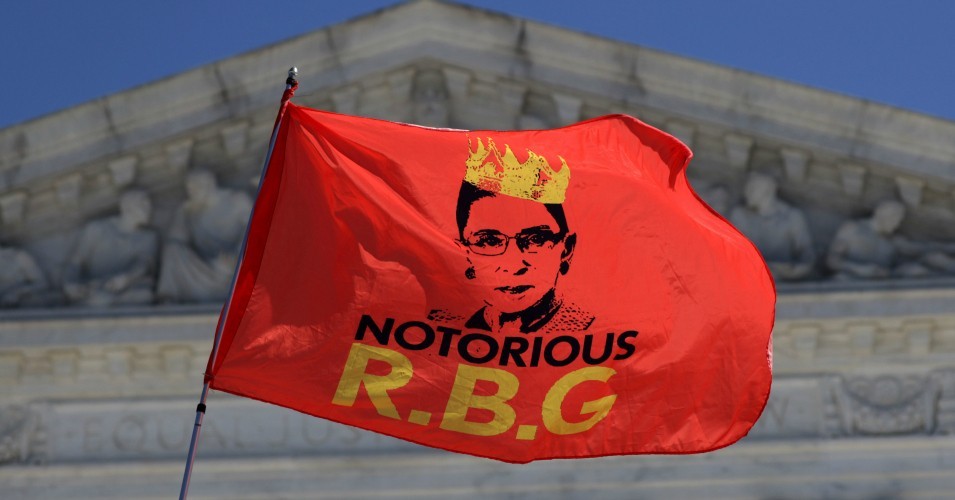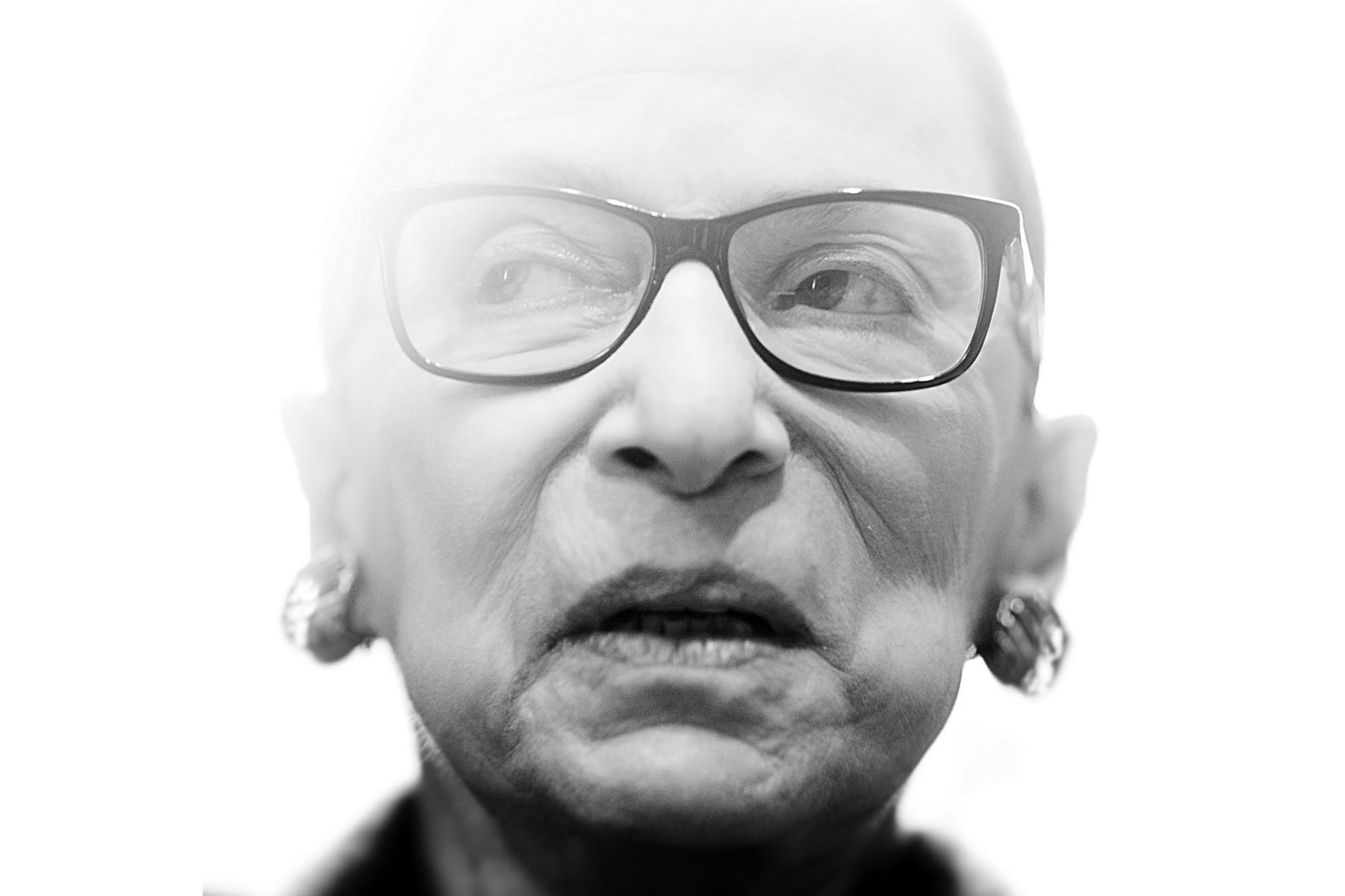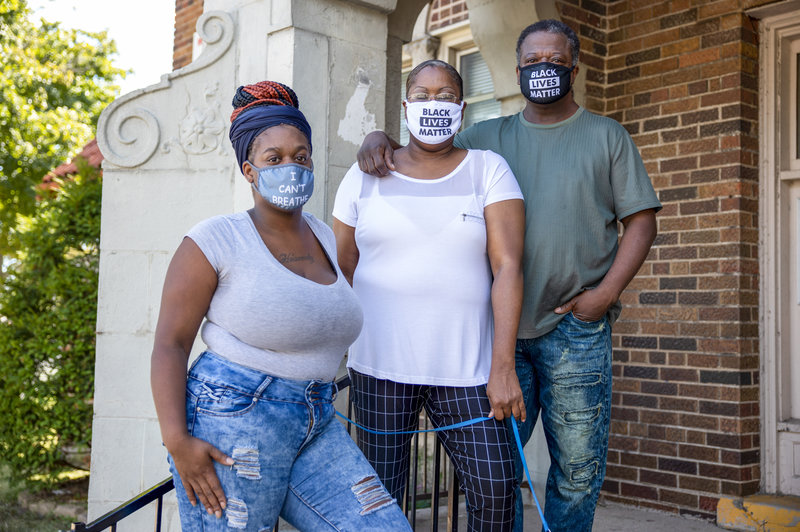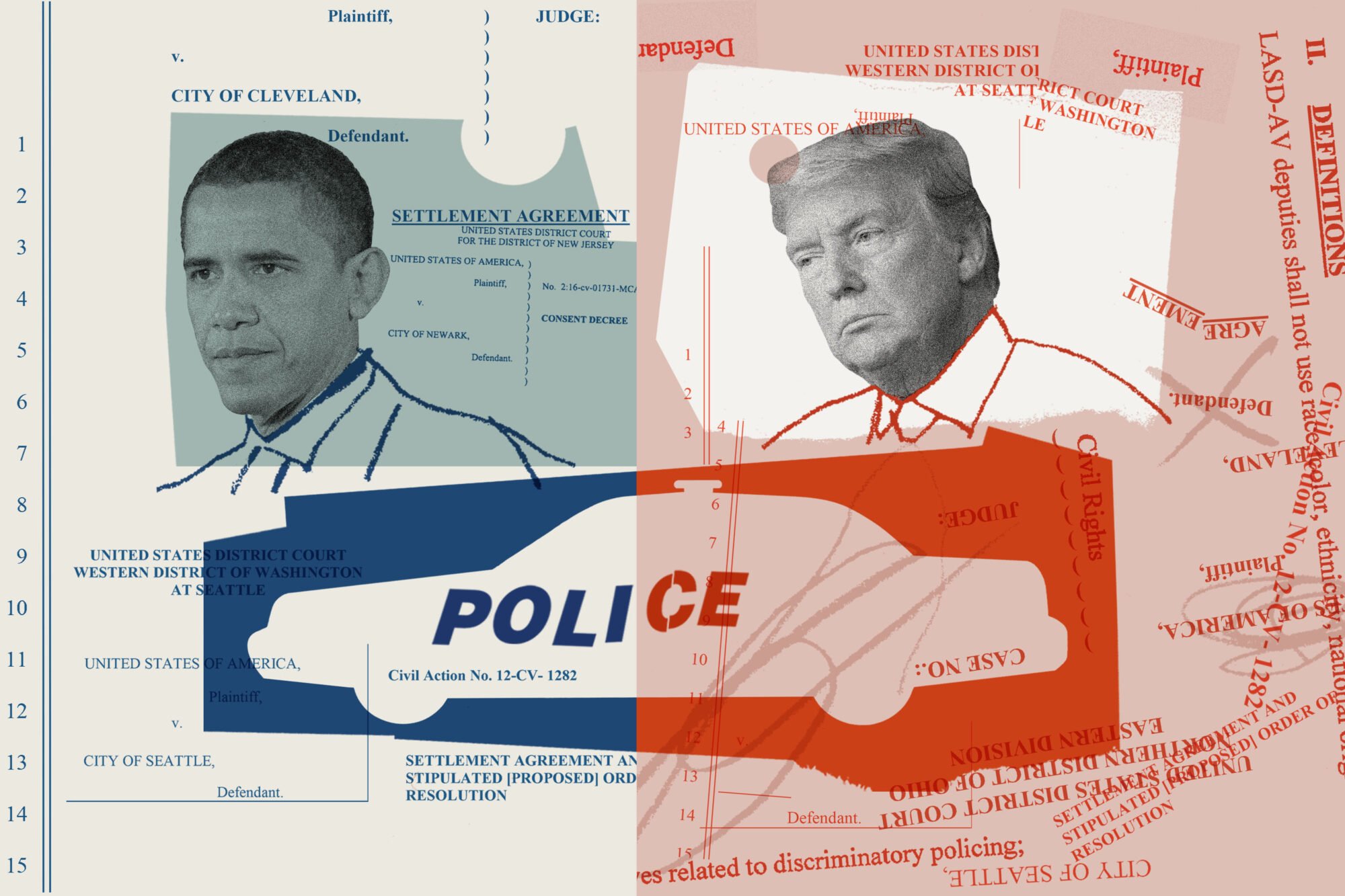An RBG flag is flown in front of the U.S. Supreme Court for the late Justice Ruth Bader Ginsburg September 21, 2020 in Washington, D.C. Justice Ginsburg died Sept. 18 from complications of pancreatic cancer at the age of 87. (Photo: Alex Wong/Getty Images) The well-deserved tributes to Ruth Bader Ginsburg in the wake of her death justifiably focus on her transformational role in ending centuries of legal discrimination against women. Starting in 1971, Ginsburg won five cases before the Supreme Court based on the equal protection clause of the Constitution’s 14th Amendment . Those cases led the court to end blatant discriminate against women. She was not the first woman who attempted to use the 14th Amendment to achieve equality. Yet her legal theories, determination and brilliant litigation strategy won, where others before her had failed. It is less known that Ginsburg’s victories on behalf of women also provided a roadmap and legal precedent for ending legal discrimination against the LGBTQ community. Unequal protection The 14th Amendment was enacted after the Civil War , in 1868, to give formerly enslaved Black people and their progeny equal protection under the law. It states, in part: “No State shall make […]
Click here to view original web page at www.commondreams.org







